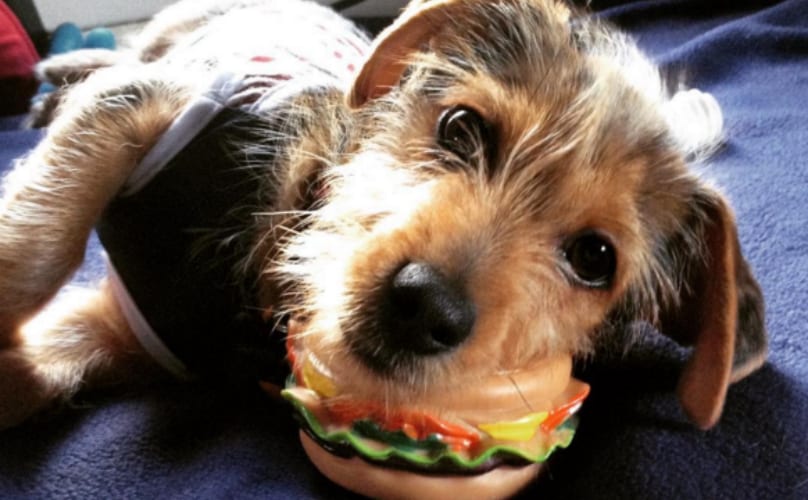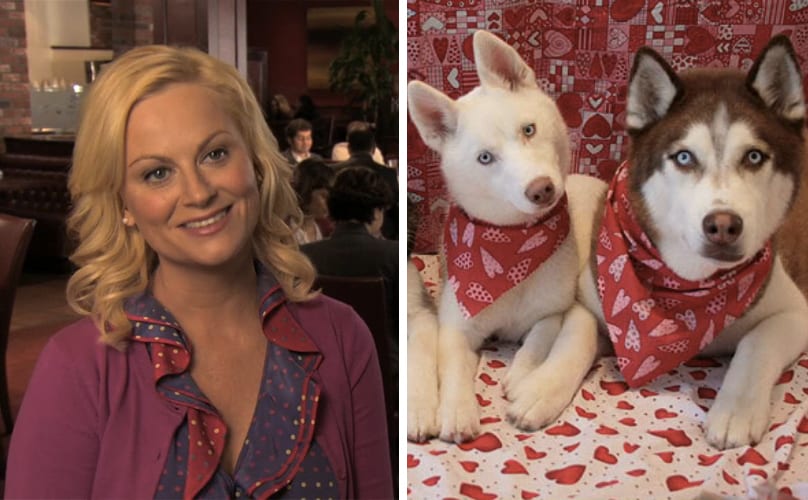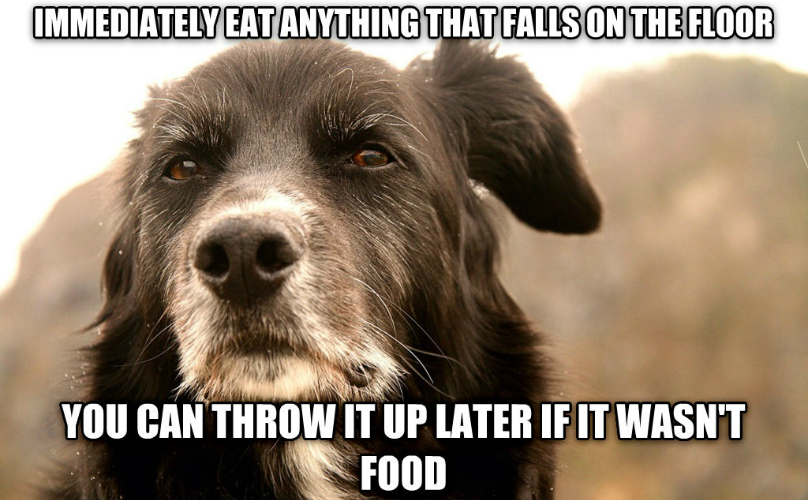It doesn’t seem to make biological sense. In the animal kingdom, small animals have shorter life spans. A mouse’s heart rate can go up to 840 beats per minute, and an elephant’s might average 30 beats per minute. The mouse lives 3 years, and the elephant can survive until the ripe old age of 70. Basically: live fast, die young. (Stay pretty.)
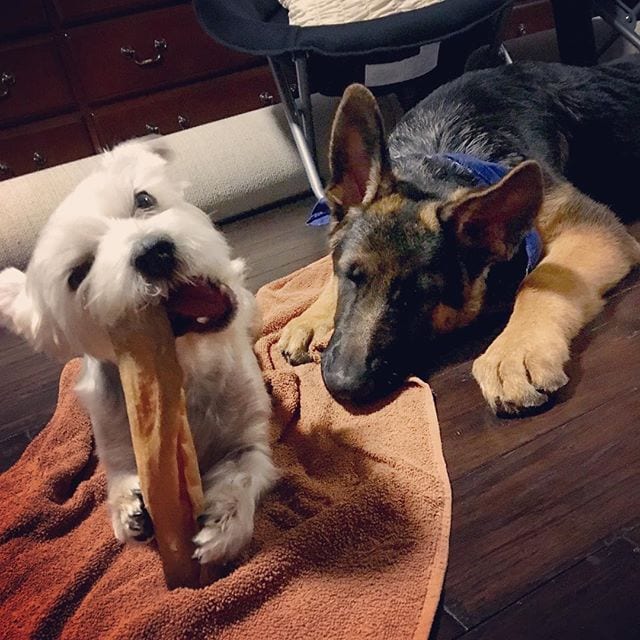

By this logic, little dogs shouldn’t outlive large ones. Doesn’t it seem like wee Chihuahuas and bitty Yorkies should have short lives like the rodents they resemble? (Just playing, I love them.)
[bp_related_article]
So why do Great Danes or Saint Bernards rarely live longer than a decade?
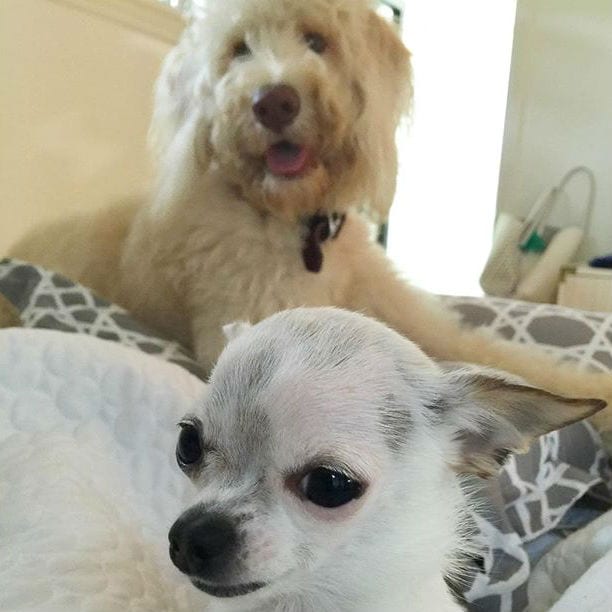

A study in The American Naturalist concluded that larger dogs die sooner because they age faster. It seems that breeding practices are partially to blame. Yup, humans, it’s our fault.
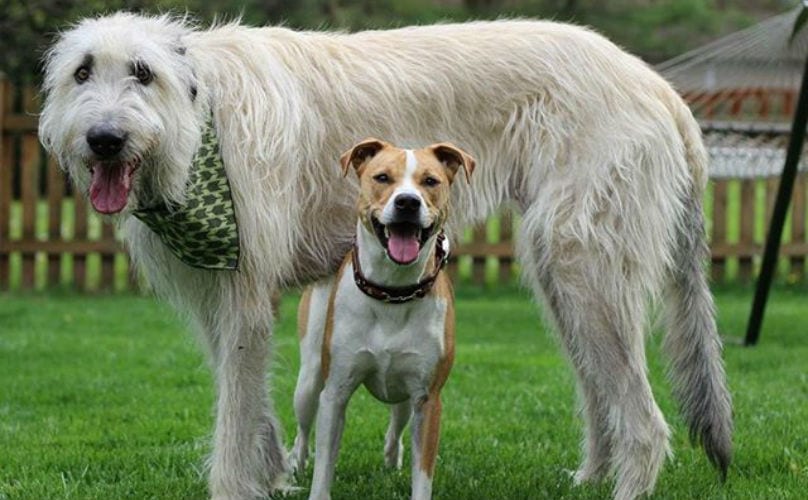

Unnatural selection has resulted in drastically different body sizes, which means that genetically manipulated pups grow quicker, leading to accelerated aging. Their bone structures and body systems suffer stress from rapid growth. Small dogs, on the other hand, don’t really have these issues.


Mental Floss reports:
Larger dogs grow very big very fast. Take a one-year-old Great Dane, for example. It’s huge. From birth to their first birthday, they increase 100-fold in weight. In that same time frame, wolves increase 60-fold, poodles 20-fold and humans only threefold. Research in the last decade has suggested that larger individual animals die younger because this sort of accelerated growth comes with increased free-radical activity.
And “free-radical activity” is basically science-talk for aging.
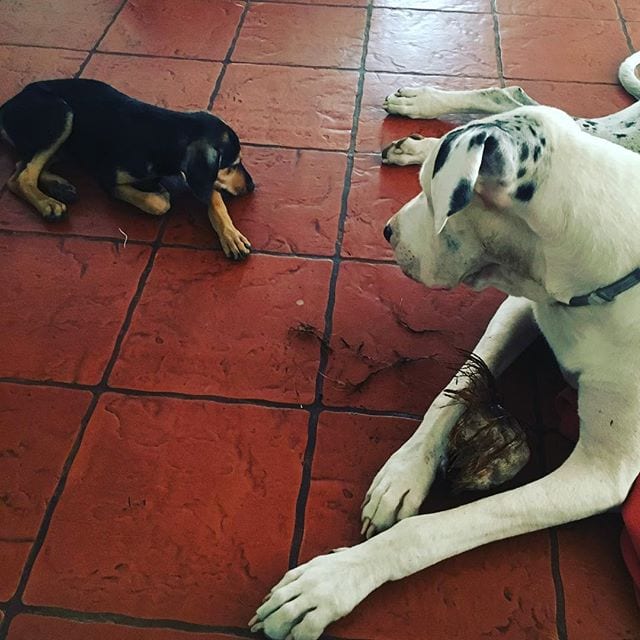

Dr. Darren Woodson of the Valley Veterinary Clinic has a theory about growth hormone concentrations, claiming “studies suggest small dogs have lower concentrations of the growth hormone IGF-1 in their blood than big dogs. Lower concentrations of IGF-1 show reduced risk of age-related diseases and longer lifespans.”


To help maximize your pup’s life expectancy, regardless of size, Dr. Woodson advises taking good care of your dog’s oral hygiene, and maintaining a healthy weight.
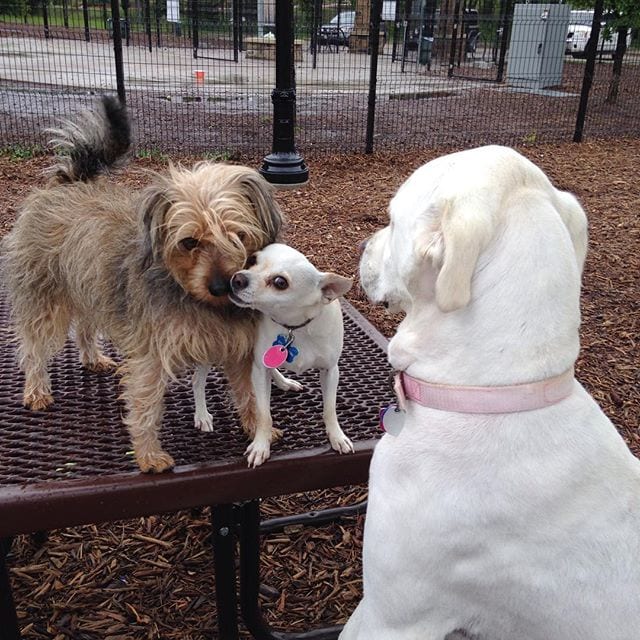

Shorter life expectancies are, of course, a total bummer for lovers of gentle giants. It’s also an important consideration for anyone planning for the long term. Are you looking for a companion to grow old with? Will you commit to helping your pup live every day of his life to the fullest, no matter how long the duration?
We know you will. No matter their size!



